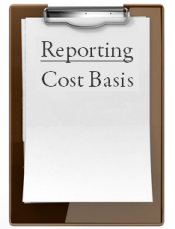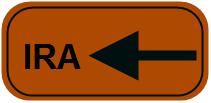
A 529 college savings plan offers many parents and future college students with an attractive option for socking away funds for tuition expenses. While the plan offers many benefits, the account holders don’t always understand the mechanics of how the plans work and how they can be used effectively. Find out if you understand the complete capabilities and limitations of these plans. Read More.









